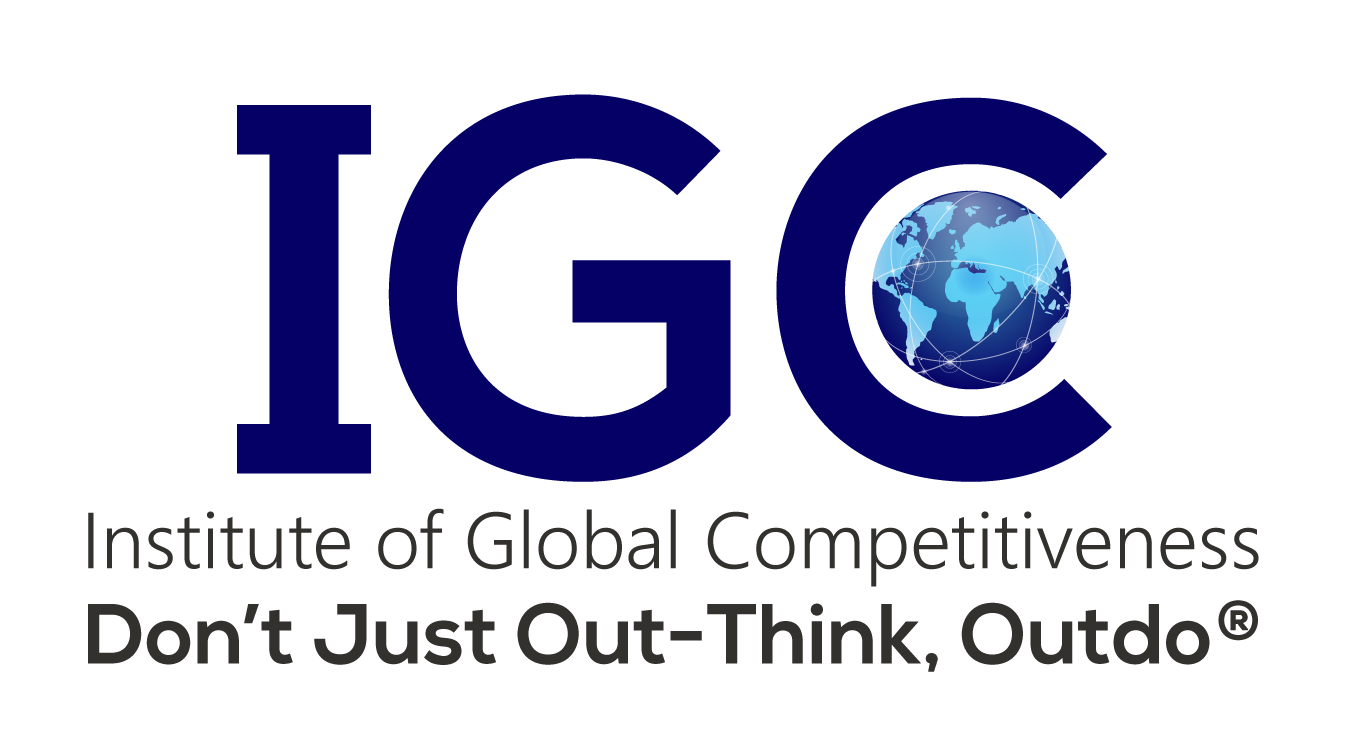


There are two very different faces to the pharmaceutical industry. One is shaped by public opinion polls that say excessive drug maker profits from the newest blockbuster medications are fueling double-digit percentage increases in healthcare costs.
The other, seen mainly from the inside, shows an industry plagued by patent expirations, the generic rush and a lagging research and development pipeline.
"I think it is a serious problem for pretty much the entire industry," said Jay Desai, founder of the Institute of Global Competitiveness -- what might be loosely called a management turnaround company.
Desai has employed his management concepts at several corporate heavyweights, including General Electric, Siemens, Nortel, Cisco and Lockheed Martin. He told UPI's HealthBiz the pharmaceutical industry is the upcoming challenge. Industry spending has doubled, he said, but the Food and Drug Administration is approving fewer molecules and there is a dearth of blockbuster drugs fomenting in the R&D pipeline. Eli Lilly has four -- leading the pack. Pfizer has maybe three and Merck two, he said, but added simply talking acquisition or merger is not necessarily the answer unless two companies can come together to fill gaps in their respective offerings.
" Merck certainly has had its corporate and regulatory troubles dragged out in the media but Desai said if company management was able to define what it wants to do five years out -- say grow revenues by a specific percentage -- it can lay out a strategy to begin to define business areas on which to focus.
Step one is setting the "stretch goal" as Desai called it -- "a big ribbon and have the whole organization driven by it." It could be doubling revenue or having a set number of blockbuster drugs.
Next come changes in corporate structure and thinking, Desai said, looking for ways to do things differently, to move ahead of the competition and look at strategic partners or outsourcing possibilities.
Look at revenues -- and think globally toward a "patient care solution," he suggested. This is where he made a difference at GE -- by helping the company create not just products but systemic answers to their clients' needs. GE, for example, operates GE Solutions -- a program that includes home and business and covers everything from appliances to financing in a variety of industrial sectors.
How does that apply to pharmaceutical companies that make drugs? Maybe it involves new diagnostic testing, monitoring devices for home health, genetics or disease management -- so-called game-changing ideas that get into patient solutions beyond popping a pill.
"There are not that many options," Desai said. "Either reinvent or die."